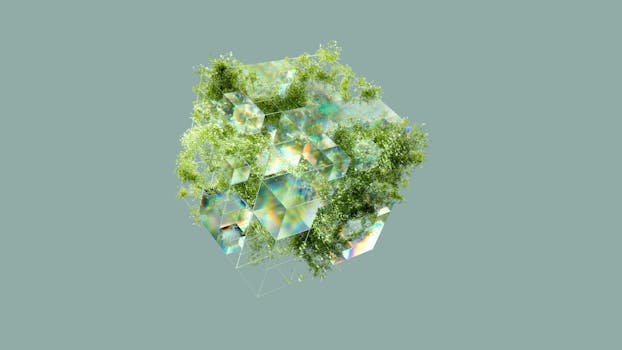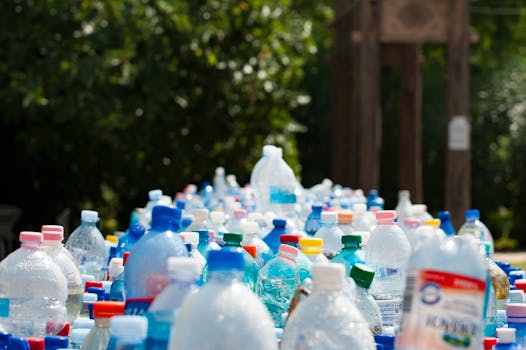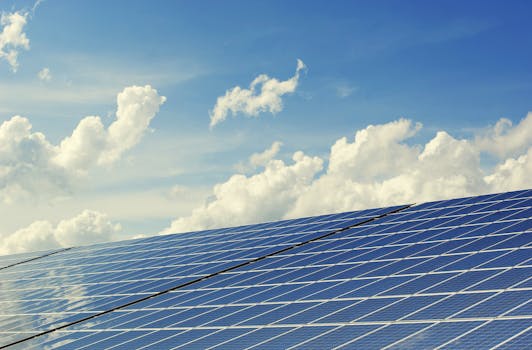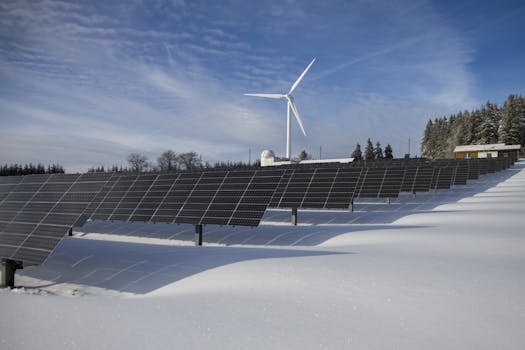
Understanding Climate Change

Climate change refers to significant shifts in temperature and weather patterns over extended periods. While climate change is a natural phenomenon, scientific research has shown that human activities, particularly since the Industrial Revolution, have accelerated these changes. The primary driver of this accelerated climate change is the increase in greenhouse gases (GHGs) in the atmosphere, which trap heat from the sun.
Human Contribution to Climate Change

The burning of fossil fuels such as coal, oil, and natural gas is the largest source of GHG emissions. Activities like deforestation and industrial processes also contribute significantly. According to the Intergovernmental Panel on Climate Change (IPCC), carbon dioxide (CO2) levels have increased by more than 40% since the pre-industrial era, primarily due to human activities.
Global Effects of Climate Change

The impacts of climate change are extensive and diverse. Rising global temperatures lead to the melting of polar ice caps and glaciers, resulting in rising sea levels. This poses a threat to coastal communities and ecosystems. Additionally, climate change affects weather patterns, leading to more frequent and severe weather events, such as hurricanes, droughts, and floods. These phenomena have significant implications for agriculture, water supply, and human health.
Societal Impact

Climate change exacerbates existing inequalities, disproportionately affecting vulnerable populations and low-income communities. These populations often lack the resources to adapt to changing conditions or recover from climate-related disasters. Furthermore, climate change can lead to economic instability, as industries reliant on natural resources face disruptions, and job opportunities diminish in affected areas.
Takeaways

- Climate change is primarily driven by human activities, especially the burning of fossil fuels.
- It leads to severe environmental consequences, including rising sea levels and extreme weather events.
- Vulnerable populations are disproportionately affected by climate change, leading to increased social and economic inequalities.



